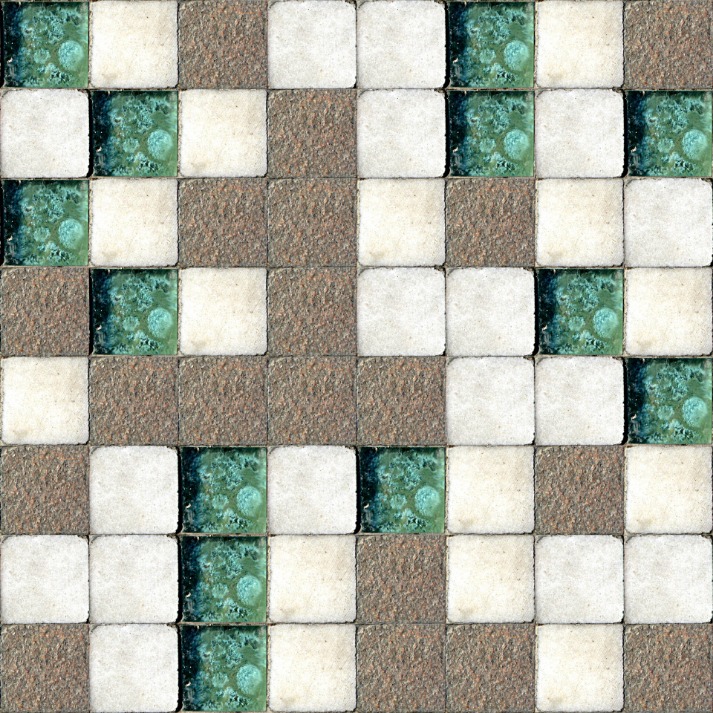Urban environments face significant challenges in managing stormwater runoff. With increasing development and impermeable surfaces, proper Storm Drain Protection becomes paramount. Innovative technologies like Storm Drain Filters, UNDER-GRATE FILTERS, and SMART CURB Storm Drain Filters offer sustainable solutions to prevent Storm Drain Pollution.
Understanding the Importance of Storm Drain Filters
Storm drains are essential for urban water management, but pollutants can easily enter the waterways through these systems. Several products are designed specifically to combat this issue:
- UNDER-GRATE FILTERS: These are installed beneath the grates of storm drains, capturing debris, sediments, and pollutants before they enter the drainage system.
- SMART CURB Storm Drain Filters: Positioned at curb inlets, these filters intercept trash, leaves, and other contaminants to ensure only water passes through.
- DEWATERING Storm Drain Filters: These filters are designed to manage and filter dewatered water from construction sites, preventing contaminants from polluting waterways.
- FLUME Storm Drain Filters: Positioned in open channels, these filters screen out larger debris and prevent them from clogging the drainage system.
Strategies for Effective Storm Drain Protection
Implementing a combination of storm drain products can significantly mitigate Storm Drain Pollution. Here are some strategies cities and municipalities can adopt:
Regular Maintenance and Inspection
Regularly inspecting and maintaining storm drain filters ensure they function optimally. Accumulated debris should be cleared to prevent blockages that could lead to flooding.
Community Education
Educating the public about not dumping waste into storm drains and the importance of Water Drain Pollution Prevention is crucial. Signage and public campaigns can increase awareness and compliance.
Integration with Urban Planning
Integrating Storm Drain Protection measures into urban planning and development can proactively address potential runoff problems. Implementing green infrastructure, such as permeable pavements and rain gardens, can also complement these filters.
FAQ: Common Questions about Storm Drain Filters
Why are storm drain filters important?
They are vital for preventing pollutants from entering and contaminating natural water bodies, thus protecting the environment and public health.
What types of pollutants can storm drain filters capture?
Common pollutants include sediments, trash, leaves, oil, grease, and other chemicals that can harm water quality.
For more information on efficient stormwater management systems, visit the Storm Drain Protection Organization’s website.



